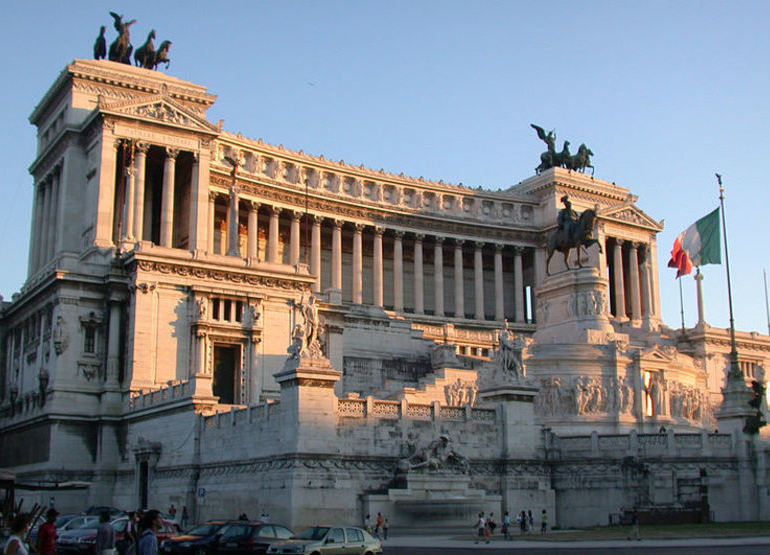
In the run up to the Italian Summit on the Western Balkans the European Fund for the Balkans and Balkans in Europe Policy Advisory Group are participating and supporting the International Conference: The Western Balkans in the European Union: Enlargement to What, Accession to What? that will be held in Rome on April 5, 2017. In expectation of the Italian Summit on the Western Balkans scheduled to take place in Trieste on 12 July 2017, the International Conference organised by IFRI, CIFE and CFA in cooperation with the Italian Ministry of Foreign Affairs will invite a number of European experts to reflect on the challenges facing the EU and its enlargement towards the Western Balkans. The meeting will kick off a series of events such as a Second Reflection Forum and a Civil Society Forum, which will be hosted in Trieste in May and July 2017 respectively. The European Fund for the Balkans as a coordinator of the upcoming Civil Society Forum in Trieste on behalf of the Erste Foundation is supporting this conference, that will provide a significant input for the Trieste Summit on the Western Balkans. The Executive Director of the Fund, Hedvig Morvai will be one of the speakers in the opening Q&A Session "From Vienna to Paris and Trieste: The Berlin Process and the Civil Society Forum", which will be an introduction to the three sessions that will follow. The past few years have witnessed an odd mix of integration, differentiation and disintegration in the EU. The integration progress, however incomplete, has been made on economic matters (e.g. the banking union), border management (e.g. the European border and coast guard agency) and foreign policy (the EU Global Strategy and its implementation). At the same time, the risk of disintegration looms large, with Brexit being the most notable case in point. Differentiated integration is partly a reality, yet one which is rarely discussed openly. The session "Integration, Differentiation and the Future of Europe" will pose the question What will the Union which the Western Balkans strive to join look like? The EU enlargement policy has become a highly political process, partly steered by individual governments, and increasingly susceptible to public opinion pressure. In the absence of a compelling narrative promoting the EU accession of Western Balkan states, the politicisation of enlargement is mainly framed by Eurosceptic and anti-enlargement forces. Assuming that the politicisation of enlargement will remain a fact of life, the second session "The Politicisation of Enlargement" will try to reflect on how to develop a positive enlargement narrative for the Western Balkans? The final session of the conference "Sustaining Connectivity and Transformation in the Western Balkans" will start from the postion that the enlargement is not likely to take place in the immediate future.How can the reform momentum be maintained? What can be the role of specific initiatives to bolster the socio-economic resilience of the Western Balkans? Can initiatives promoted in the context of the Berlin process to boost economic connectivity sustain the transformation of the region, especially by fostering market integration and the rule of law? Connected to this, how can the EU and the Western Balkan countries contain or redirect the economic influence of other external players, which do not view the European future of the Balkans as the desirable direction of travel?, are just some of the questions on the agenda. Check the full programme and speakers at: http://www.iai.it/en/eventi/western-balkans-european-union-enlargement-what-accession-what






